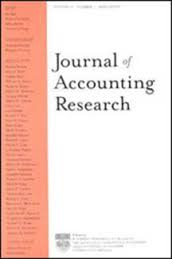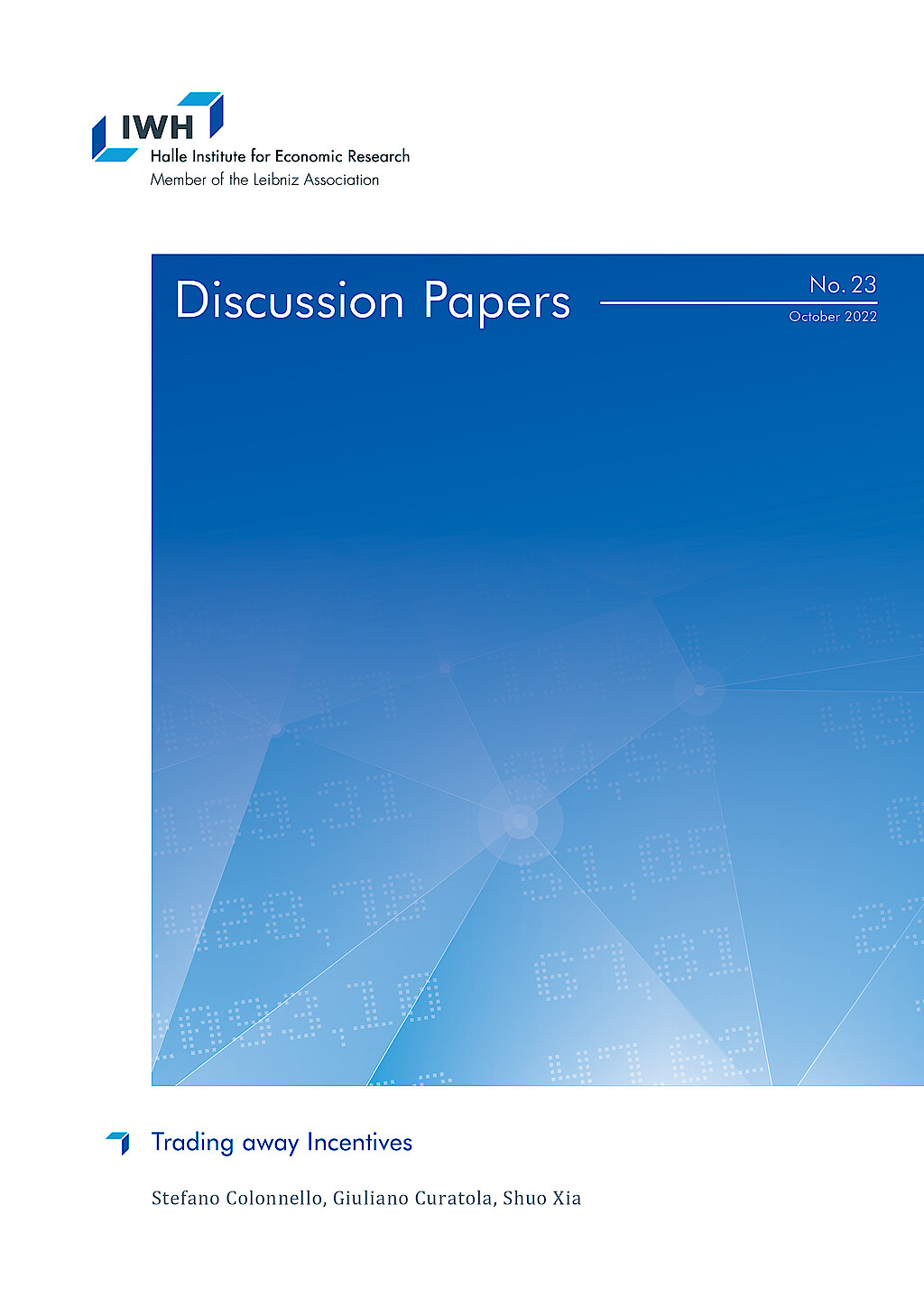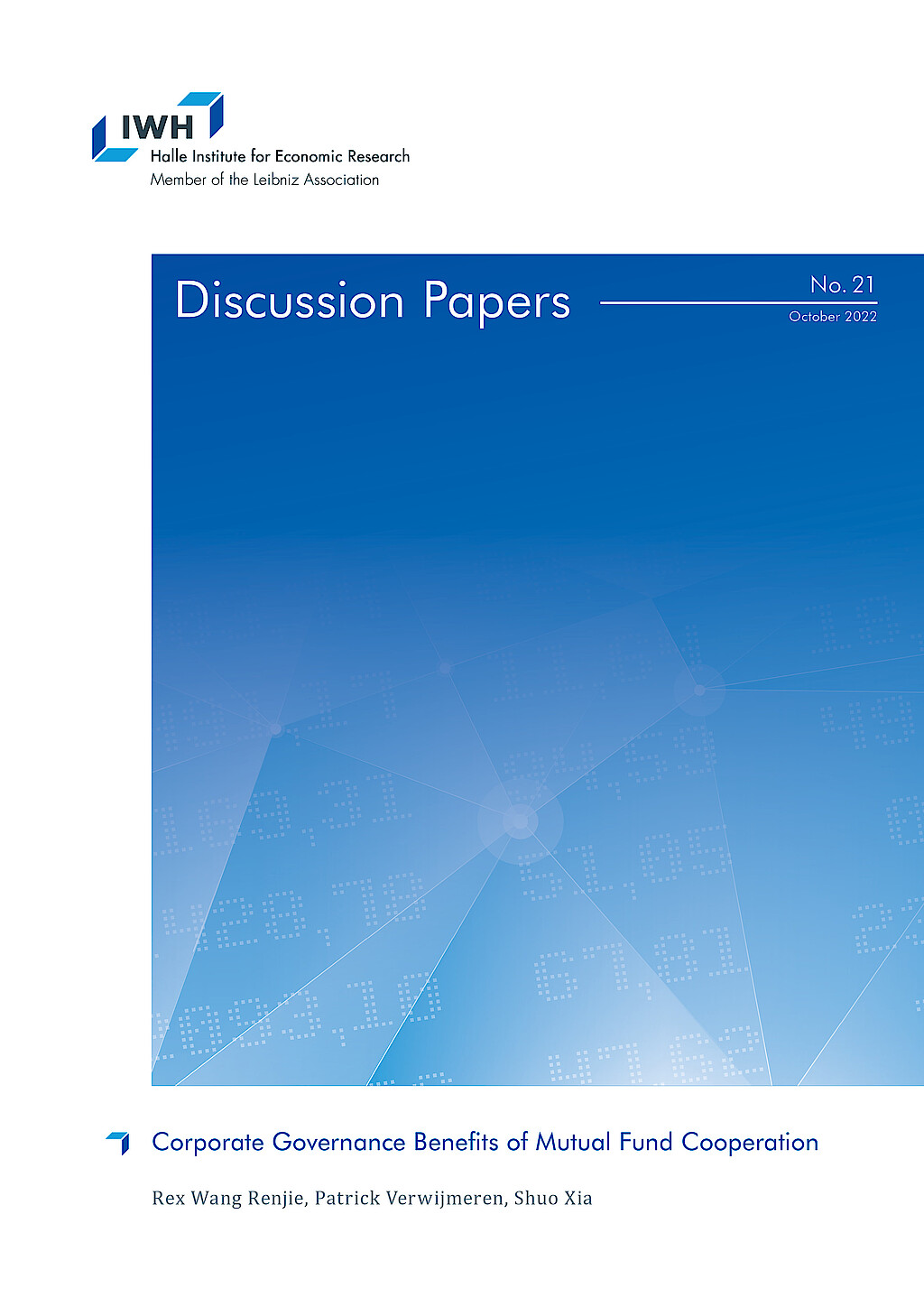Governance und Finanzierung
Diese Forschungsgruppe untersucht traditionelle und moderne Ansichten über Corporate Governance auf den Finanzmärkten. Sie trägt dazu bei, die Wirksamkeit verschiedener Governance-Mechanismen bei der Auswahl von Talenten, der Schaffung von Anreizen und der Bindung an das Unternehmen zu verstehen. Die Gruppe untersucht auch, wie verschiedene Stakeholder die Corporate Governance beeinflussen.
Forschungscluster
Finanzresilienz und RegulierungIhr Kontakt

- Abteilung Finanzmärkte
Referierte Publikationen

Does Social Capital Matter in Corporate Decisions? Evidence from Corporate Tax Avoidance
in: Journal of Accounting Research, Nr. 3, 2017
Abstract
We investigate whether the levels of social capital in U.S. counties, as captured by strength of civic norms and density of social networks in the counties, are systematically related to tax avoidance activities of corporations with headquarters located in the counties. We find strong negative associations between social capital and corporate tax avoidance, as captured by effective tax rates and book-tax differences. These results are incremental to the effects of local religiosity and firm culture toward socially irresponsible activities. They are robust to using organ donation as an alternative social capital proxy and fixed effect regressions. They extend to aggressive tax avoidance practices. Additionally, we provide corroborating evidence using firms with headquarters relocation that changes the exposure to social capital. We conclude that social capital surrounding corporate headquarters provides environmental influences constraining corporate tax avoidance.
Arbeitspapiere

Trading away Incentives
in: IWH Discussion Papers, Nr. 23, 2022
Abstract
Equity pay has been the primary component of managerial compensation packages at US public firms since the early 1990s. Using a comprehensive sample of top executives from 1992-2020, we estimate to what extent they trade firm equity held in their portfolios to neutralize increments in ownership due to annual equity pay. Executives accommodate ownership increases linked to options awards. Conversely, increases in stock holdings linked to option exercises and restricted stock grants are largely neutralized through comparable sales of unrestricted shares. Variation in stock trading responses across executives hardly appears to respond to diversification motives. From a theoretical standpoint, these results challenge (i) the common, generally implicit assumption that managers cannot undo their incentive packages, (ii) the standard modeling practice of treating different equity pay items homogeneously, and (iii) the often taken for granted crucial role of diversification motives in managers’ portfolio choices.

Corporate Governance Benefits of Mutual Fund Cooperation
in: IWH Discussion Papers, Nr. 21, 2022
Abstract
Mutual fund families increasingly hold bonds and stocks from the same firm. We study the implications of such dual holdings for corporate governance and firm decision-making. We present evidence that dual ownership allows financially distressed firms to increase investments and to refinance by issuing bonds with lower yields and fewer restrictive covenants. As such, dual ownership reduces shareholder-creditor conflicts, especially when families encourage cooperation among their managers. Overall, our results suggest that mutual fund families internalize the shareholder-creditor agency conflicts of their portfolio companies, highlighting the positive governance externalities of intra-family cooperation.

Why Do Workers at Larger Firms Outperform?
in: Working Paper, 2020
Abstract
Workers at larger firms outperform on average. For example, equity analysts working for more reputable brokerage firms produce more accurate earnings forecasts. Analysts employed by the highest ranked brokerages are about 6% more accurate than those employed by the lowest ranked brokerages, which is equivalent to an advantage of 17.5 years of more experience. This outperformance is driven by two significant effects: more reputable firms provide more resources that improve analysts' forecasting ability (influence), while more reputable firms also attract more talented candidates (sorting). We estimate a two-sided matching model to disentangle these two effects. We find that the direct influence effect accounts for 73% of the total impact while the sorting effect accounts for the remaining 27%.

Lame-Duck CEOs
in: SSRN Working Papers, 2018
Abstract
We examine the relationship between protracted CEO successions and stock returns. In protracted successions, an incumbent CEO announces his or her resignation without a known successor, so the incumbent CEO becomes a “lame duck.” We find that 31% of CEO successions from 2005 to 2014 in the S&P 1500 are protracted, during which the incumbent CEO is a lame duck for an average period of about 6 months. During the reign of lame duck CEOs, firms generate an annual four-factor alpha of 11% and exhibit significant positive earnings surprises. Investors’ under-reaction to no news on new CEO information and underestimation of the positive effects of the tournament among the CEO candidates drive our results.

Selection Versus Incentives in Incentive Pay: Evidence from a Matching Model
in: SSRN Working Papers, 2018
Abstract
Higher incentive pay is associated with better firm performance. I introduce a model of CEO-firm matching to disentangle the two confounding effects that drive this result. On one hand, higher incentive pay directly induces more effort; on the other hand, higher incentive pay indirectly attracts more talented CEOs. I find both effects are essential to explain the result, with the selection effect accounting for 12.7% of the total effect. The relative importance of the selection effect is the largest in industries with high talent mobility and in more recent years.










